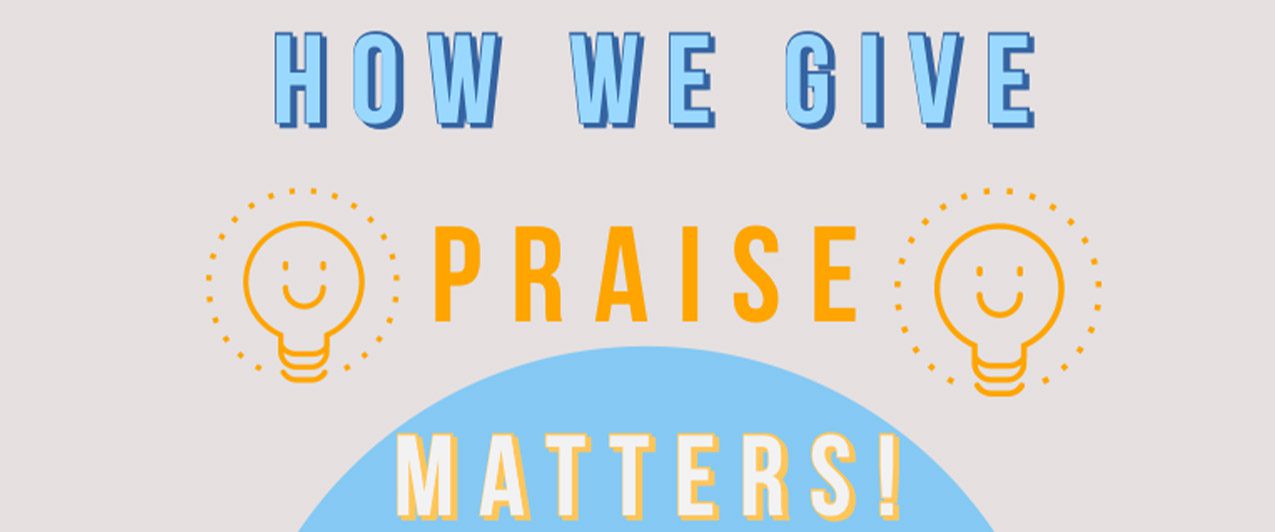
Praise Effort Regardless of the Results
My husband coaches our son’s hockey team. His coaching philosophy is one I admire and wholeheartedly believe in. Here’s what he shared with the parents early in the season:
“We’ve been praising the full effort of the kids and are less concerned with who scores… not that we don’t acknowledge the goal, we praise how the goal came about.”
I love this concept and think this coaching technique can carry through to how we as parents and educators interact with kids on a daily basis.
Consider doing this: Praise their effort regardless of the results.
For example, your child or student receives an A on their recent test. Do you say:
A. ‘Wow! You’re really smart!’ or…
B. ‘Look at what you have achieved. You chose to put in the effort and be determined. Excellent work!’
More and more studies show that choice B is more beneficial for kids. Using the theory of Carol Dweck, a psychology professor, choice B teaches our kids a growth mindset, while choice A encourages a fixed mindset.
With a growth mindset, people approach challenges knowing that they have the ability to learn and to improve every day if they put in the effort. With a fixed mindset, people believe their basic abilities, their intelligence, their talent, are just fixed traits. They have a certain amount and that’s that. Their goal becomes to look smart all the time. (Wikipedia)
I think there’s more to unwrap here…
How do you teach children a growth mindset and the value of effort?
Let’s use hockey as an example.
When players understand the importance of being open to learning they become confident enough to put in the effort to embrace new skills. They start to realize that, even though they may not have learned all the skills, it doesn’t mean they never will, it just means they haven’t learnt them YET! This mindset gets them ready to take on the challenges of training and development. And regardless of whether they win or lose, they learn to value the experiences.
This mindset will look like this:
‘I will put in the effort’.
‘I like to learn new skills’.
‘I am a problem solver’.
‘I can overcome challenge’.
Praising effort helps kids see the importance of the actions they took. If they know that being determined to go after the puck and staying focused on skating with a full stride helped them score a goal, they’ll know to stay focused on practicing those skills in order to score again. If we tell them, “You’re so talented! Great goal!” how will they know what they need to do to score again? How will they know which character traits they used to get there?
By attaching specific character traits to their efforts we show children that character based choices matter and what their effort and character looks like in action.
How do you shift your words to praise the effort in every day situations?
Here are some examples:
- Great job! (what made it a great job?) You were so determined to learn your spelling words!
- You’re a good friend. (what makes them a good friend?) You showed generosity because you shared your snack.
- Way to go! (what did they do?) You were kind. You held the door open for them.
The more we focus our praise on acknowledging the efforts and the character traits used to achieve the desired end result, we teach children that the journey matters—how they succeed is just as important as succeeding.
Exercise: Start to praise the effort instead of the results with your own kids or students. Pay attention to how you praise and pause in those moments…what character trait could you add?
Want to share how you’ve changed the praise dialogue for your family or school? Tag me on Instagram with an example of how you praised the effort to teach your child/student about a character-based choice they made. Let’s work together on this!
Until next time…

